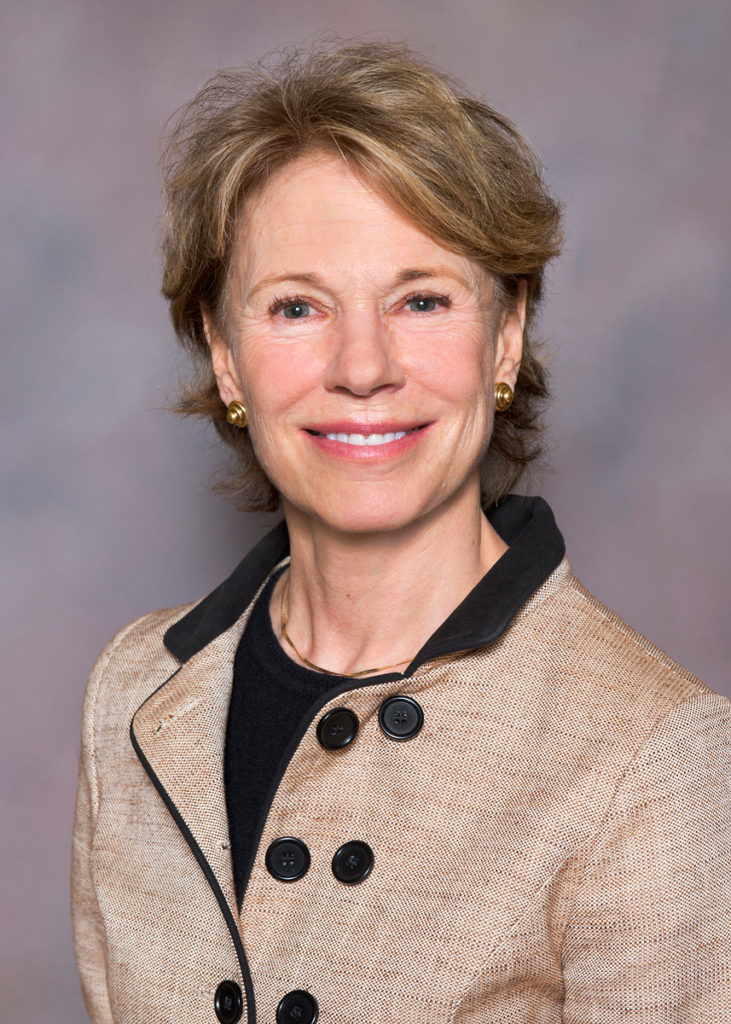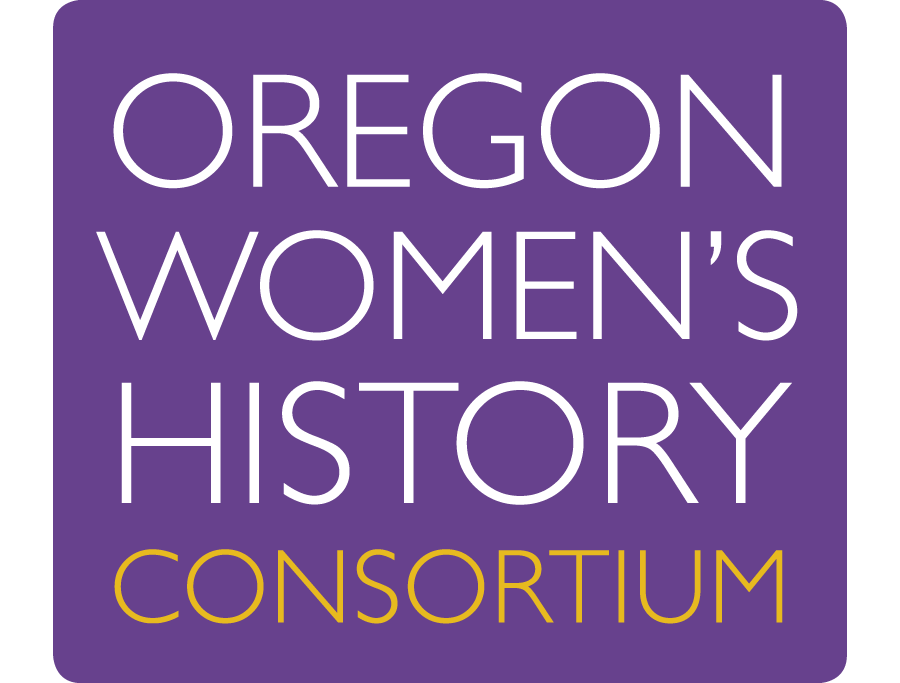
In Spring Term 2019, Colin Gilbert, Katrina Jacobs, and Amber Young in Professor Kimberly Jensen’s Women in Oregon History class at Western Oregon University interviewed Ms. Priscilla Wold Longfield about the Nineteenth Amendment centenary and the importance of the vote. Ms. Longfield is the grand niece of 5 Wold sisters, Emma who became one of the first women to try cases before the US Supreme Court, Jean, Gaeta, Cora and Clara Wold all of whom were involved in the Women’s Suffrage movement both in Oregon and at the national level. She is a member of the OHSU Foundation Board of Trustees and a board member of the Oregon Symphony Association. She is an honored member of the Women’s Committee at Reed College and on the Marquam Hill Steering Committee at OHSU. She’s also been involved as a volunteer on the Steering Committee for Medical Teams International auction event. Longfield trained as an elementary school teacher before transitioning into business. In our interview Ms. Longfield talks about how voting is the easiest and most effective way to bring change and discusses gender discrimination that denied women the right to vote. Today more women are running for office and women can make sure that a minority of voters don’t dictate to the majority. Her responses emphasize the importance of voting and how women have impacted the right since the passage of the Nineteenth Amendment.
Q: In your view, why is voting important?
Ms. Longfield: Today, voting is one of our most important rights as citizens in a democracy. Voting can affect every important aspect of our lives; our education, our finances, our health, our personal security. There is a strong link between citizenship and the right to vote. I see voting as a responsibility of citizenship. Voting is one of the easiest and most effective ways to bring about change. Don’t complain about policies you dislike at the local or the national level unless you’ve voted!
Q: What barriers to voting have some Oregon women experienced?
Ms. Longfield: In the past, due to gender discrimination, women until 1920 in many states were not allowed to vote. Today, I don’t see many barriers denying Oregon women the ability to vote. Even the problem of geographically inconvenient polling booths no longer exists with Oregon’s mail in ballots.
Q: How have some women used the vote as a tool for social change?
Ms. Longfield: Women tend to prioritize social issues, relating to family, education, and healthcare. Women are the majority of the population in this country today and thus have huge power in their vote. Historically women found male candidates that most closely represented their viewpoint and helped get them elected. Today, fortunately, many women are running for public office themselves and are having significant impact on issues that are important to them. Think of the impact women have had on marriage equality, divorce laws, racial equality, and educational opportunities for girls. Giving women the right to vote has helped prevent minorities from dictating for the majority.
Q: What additional points do you feel are important for us to consider as we commemorate the ratification of the Nineteenth Amendment?
Ms. Longfield: The purpose of government is to develop and implement policies for the benefit of its citizens, ALL of its citizens. Young women today are often cavalier or just unaware of the tremendous courage, tenacity, patience and strength it took for women in the suffragette movement to prevail. Many of these women literally put their lives on the line so that we women today have the right to vote, a right that seems like common sense.
